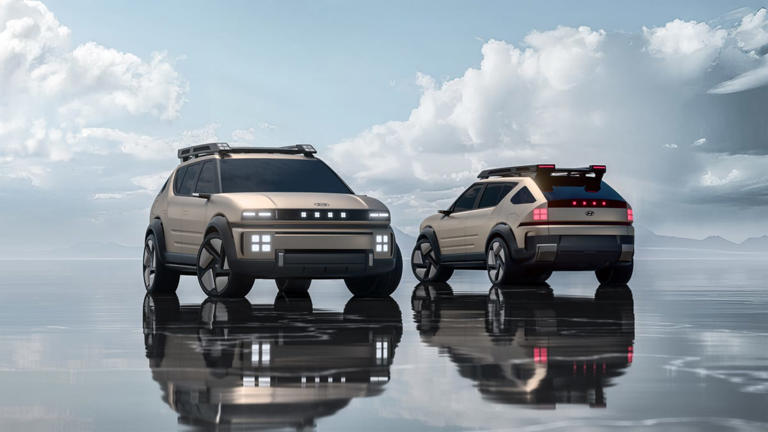Hyundai plans to launch a new hydrogen-powered fuel-cell electric vehicle (FCEV) in the first half of 2025.
The South Korean carmaker on Thursday unveiled the Initium SUV Concept vehicle, which will be showcased at two motor shows in the US and China next month.
The vehicle has a range of 650 kilometres, compared with 609 kilometres for the Nexo, Hyundai's first hydrogen-powered car, which is already on the market.
With the launch of this FCEV - a vehicle in which the hydrogen contained in a fuel cell is converted into electricity - Hyundai is going against the current market trend.
This type of car has met with limited success, not least because the large-scale production of hydrogen gas is not commercially viable at present. There is also a lack of suitable infrastructure. In Belgium, for example, there are only a few hydrogen filling stations available to drivers.
For Hyundai CEO Jaehoon Chang, however, it is only a matter of time before the automotive industry adopts electric motors more widely.
Hydrogen-powered cars "are not the type of cars that are profitable, but we are tackling them as if they were our mission," he said at an event in Goyang, near Seoul, the South Korean capital.
The manufacturer is betting heavily on this technology and has promised to invest some $4 billion in it over the next ten years.
At present, there are very few hydrogen-powered cars on the market. In addition to Hyundai, Toyota has launched its ‘Mirai’ model, while German manufacturer BMW is carrying out tests on a hydrogen-powered vehicle.

